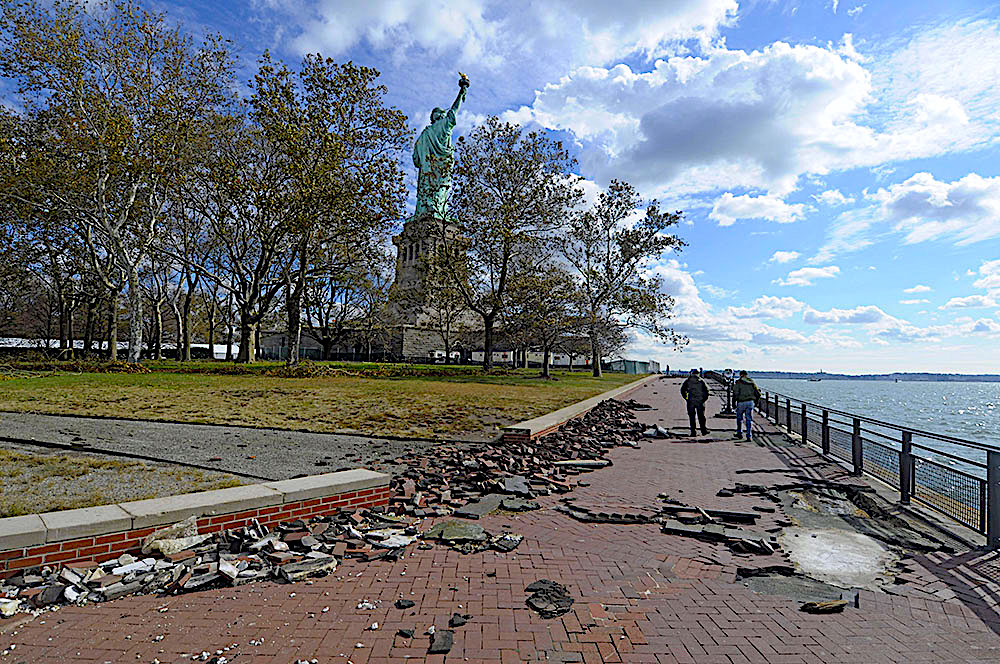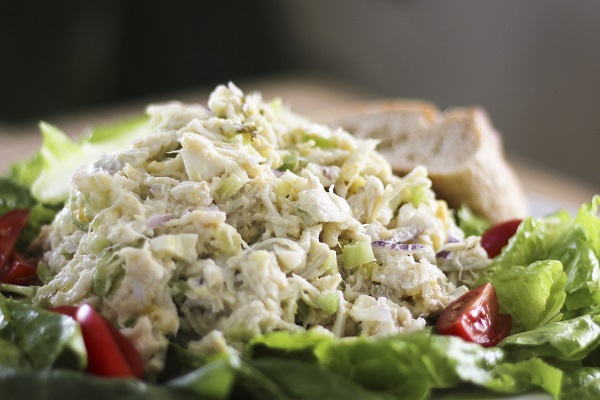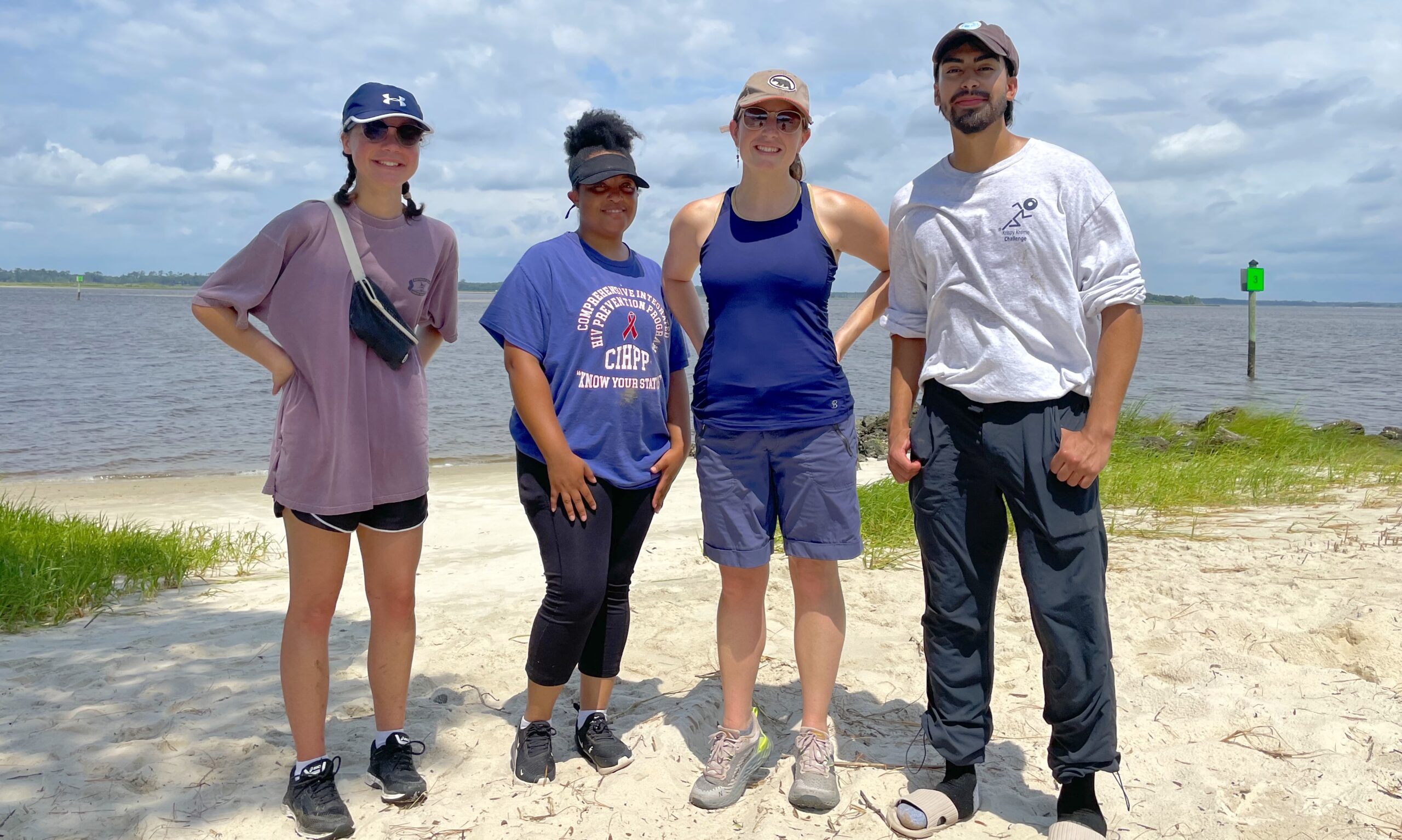FROM THE DEPUTY DIRECTOR: Moving Spaces

By JOHN FEAR
The one constant in life is change. While people often view change with trepidation, it also brings great opportunity.

Recently, change has been a recurring theme for North Carolina Sea Grant. First, the Raleigh headquarters moved to new office space centrally located on North Carolina State University’s Centennial Campus in May. This site will allow us a greater opportunity to interact with the students, staff and faculty of our host institution.
The new headquarters also co-locates our program with the Water Resources Research Institute of the University of North Carolina system. Also known as WRRI, that organization is jointly led by key Sea Grant staff members, myself included. WRRI focuses on freshwater issues in the state. When paired with Sea Grant’s coastal focus, this combination promotes a statewide perspective on critical issues facing our great state.
The timing of the move coincides with the 40th anniversary of our research and outreach earning full status from the National Sea Grant College Program. Plan to join us as we mark the anniversary from now through July 2017.
Another change occurring in scientific research is the recognition of local knowledge as an extremely valuable asset. While Sea Grant has embraced this concept as a foundational pillar since its inception, others are finally catching on. Local knowledge experts often are the most informed on topics, such as where the best fishing spots are or where the last strongholds of endangered species are located. When paired with scientifically designed projects, this information yields amazing results.
Sea Grant rolled out a new opportunity this spring that required academic researchers to work with local knowledge experts. This funding is the result of a collaboration with the Kenan Institute for Engineering, Technology and Science, based at NC State. Starting on page 14, read about the first set of projects for this new program. These projects are extremely exciting and include participation from local high schools, local municipalities, a small private university, a large public university, state agencies, private citizens and a community-supported museum.
Lessons from past hurricanes move us forward in our ability to plan for future ones. On page 6, Jay Barnes provides the first of a two-part series on Hurricane Fran. The massive storm affected our southern coastal region and the Triangle. After leveling coastal dunes and drenching the Cape Fear area, Fran plowed inland, causing massive urban flooding, snapping trees and knocking out power for weeks in some places.
I was a graduate student at the University of North Carolina at Chapel Hill at the time and remember
being woken by the sound of the wind and snapping trees as Fran came in overnight. The next morning, I navigated my car past broken tree trunks for my 8 a.m. class — which went on as scheduled. It wasn’t until later that morning that UNC-CH canceled classes. And it took two weeks for my power to return.
Citizen participation was a key aspect in the sea turtle research featured on page 20. Amanda Williard’s work seeks to educate recreational fishermen on what to do when they encounter a sea turtle at the end of their line instead of a fish. Read the article to understand how these interactions are stressful for both the angler, as well as the sea turtle. Changing current practices will go a long way to minimizing the impact to these endangered animals when these encounters occur.
Yes, indeed, change can be good.
We strive on being a link into local communities. Having a direct line of communication is one of the best ways to stay in touch.
As always, I encourage you to reach out to me at jmfear@ncsu.edu or 919-515-9104 and share your ideas on how we can make Sea Grant better — or just to let me know your thoughts on the things that interest you.
I hope you have an excellent summer.
This article was published in the Summer 2016 issue of Coastwatch.
For contact information and reprint requests, visit ncseagrant.ncsu.edu/coastwatch/contact/.
- Categories:


